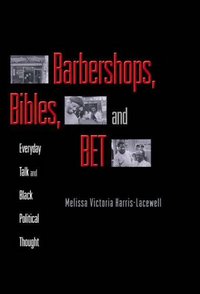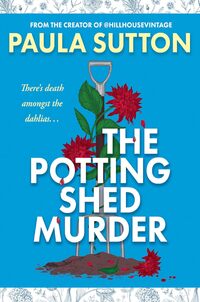

Purchase
Everyday Talk And Black Political Thought
Princeton University Press
July 2006
On Sale: July 3, 2006
368 pages
ISBN: 0691126097
EAN: 9780691126098
Paperback
Add to Wish List
Non-Fiction
What is the best way to understand black political ideology?
Just listen to the everyday talk that emerges in public
spaces, suggests Melissa Harris-Lacewell. And listen this
author has--to black college students talking about the
Million Man March and welfare, to Southern, black Baptists
discussing homosexuality in the church, to black men in a
barbershop early on a Saturday morning, to the voices of
hip-hop music and Black Entertainment Television. Using
statistical, experimental, and ethnographic methods
Barbershops, Bibles, and B.E.T offers a new perspective on
the way public opinion and ideologies are formed at the
grassroots level. The book makes an important contribution
to our understanding of black politics by shifting the focus
from the influence of national elites in opinion formation
to the influence of local elites and people in daily
interaction with each other. Arguing that African Americans
use community dialogue to jointly develop understandings of
their collective political interests, Harris-Lacewell
identifies four political ideologies that constitute the
framework of contemporary black political thought: Black
Nationalism, Black Feminism, Black Conservatism and Liberal
Integrationism. These ideologies, the book posits, help
African Americans to understand persistent social and
economic inequality, to identify the significance of race in
that inequality, and to devise strategies for overcoming it.
Comments
No comments posted.
Registered users may leave comments.
Log in or register now!
| 


 © 2003-2025 off-the-edge.net
all rights reserved Privacy Policy
© 2003-2025 off-the-edge.net
all rights reserved Privacy Policy